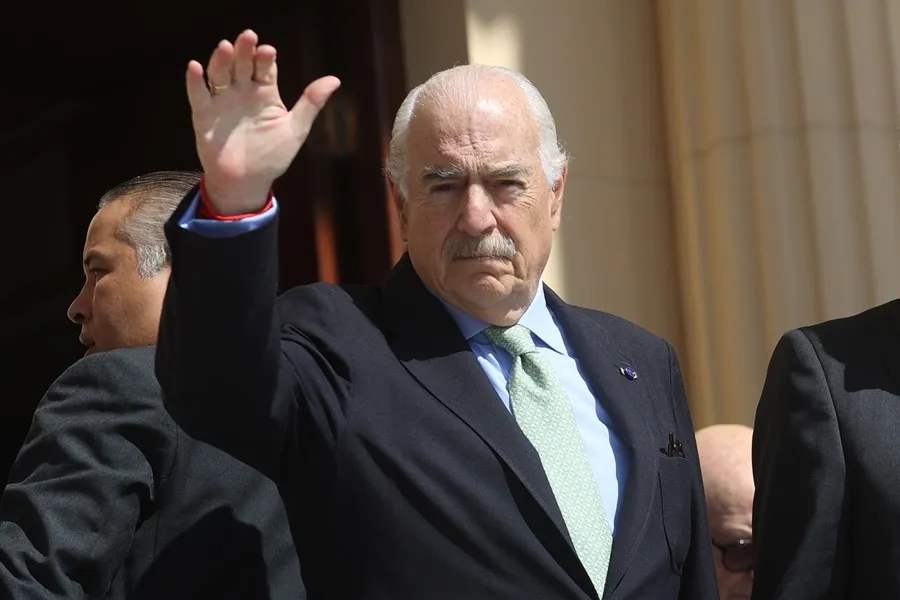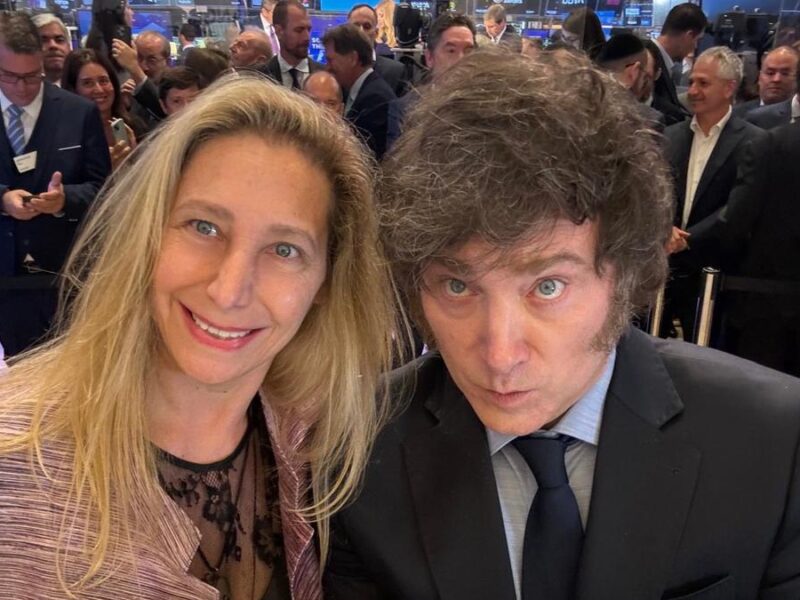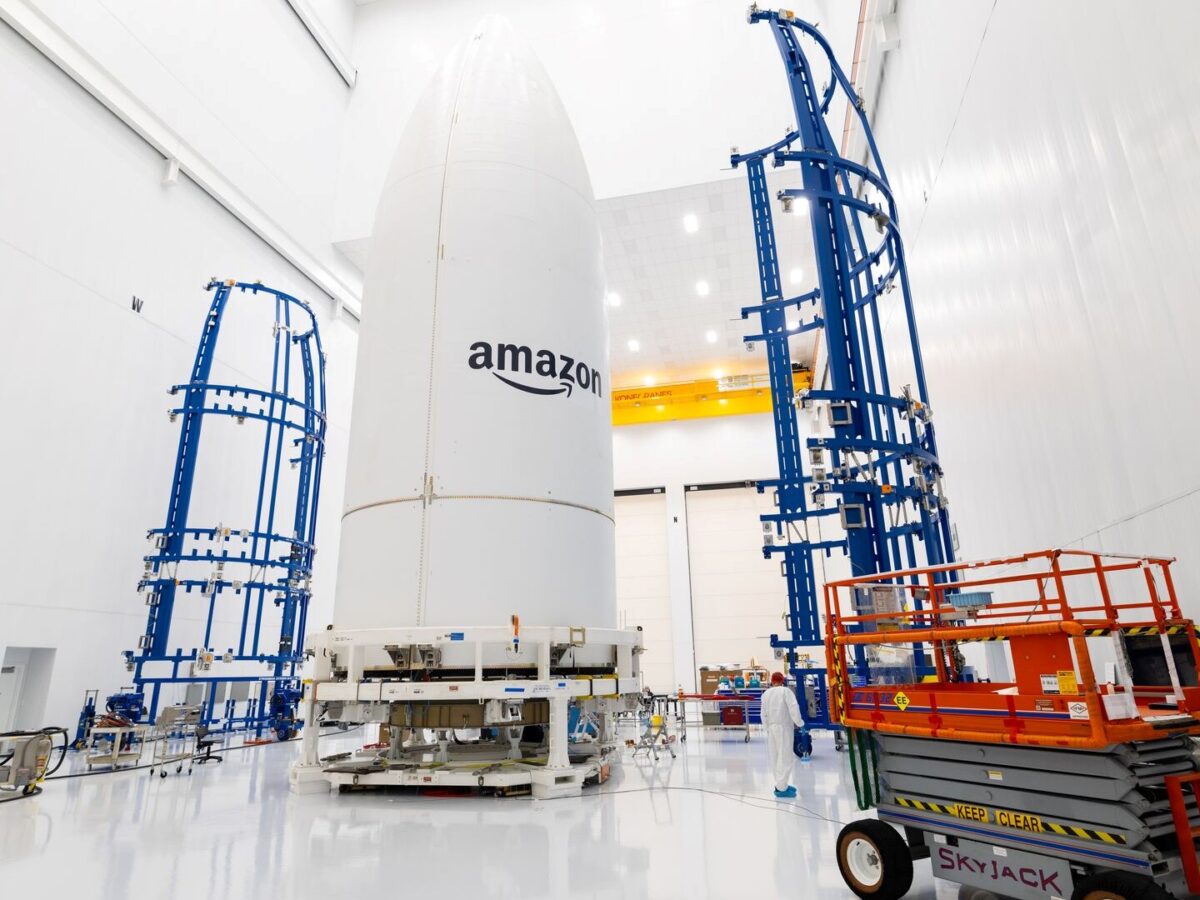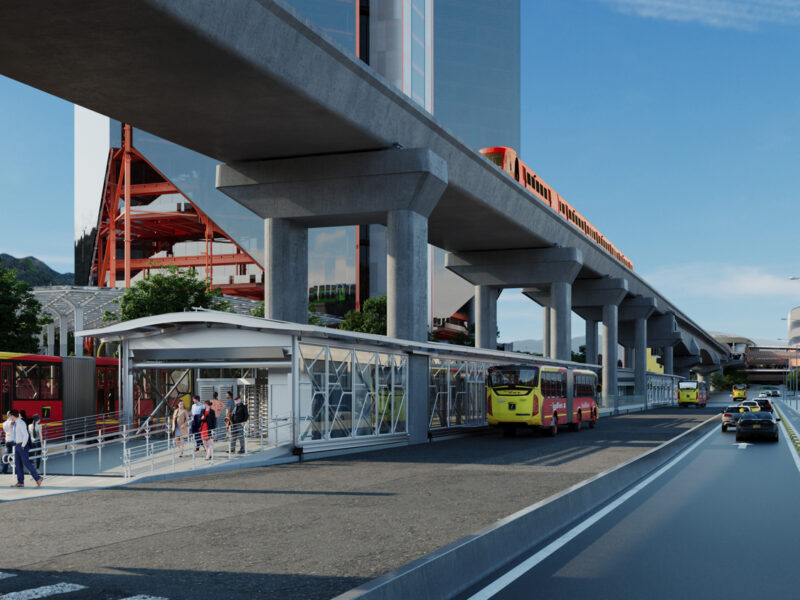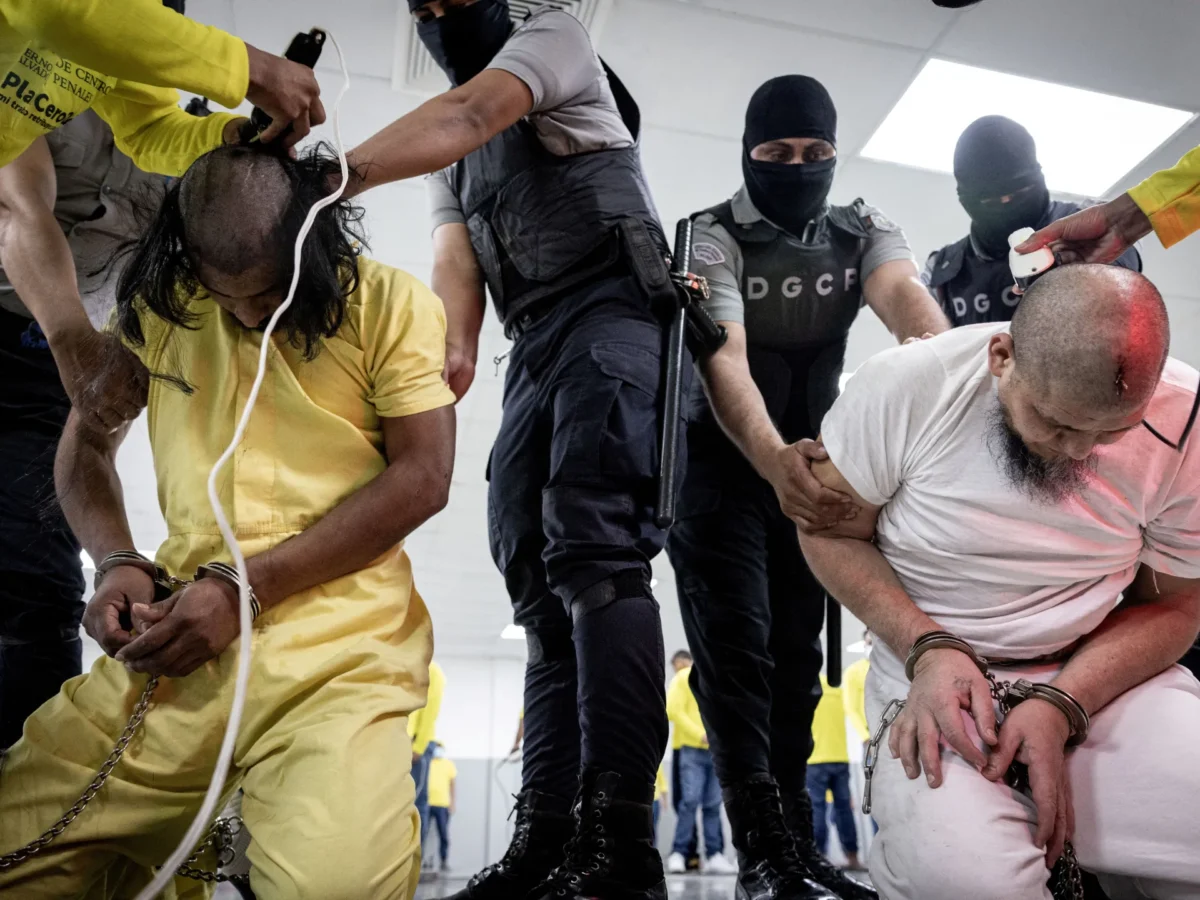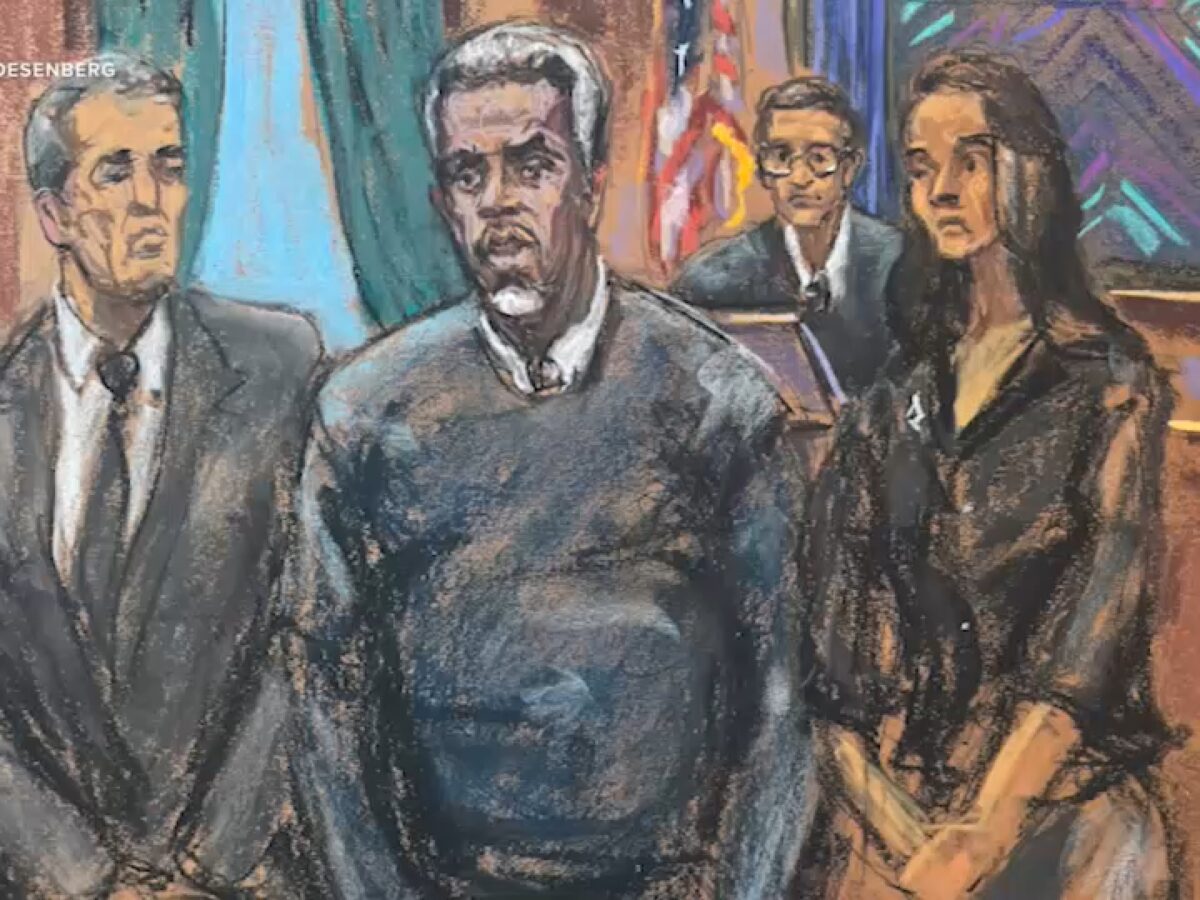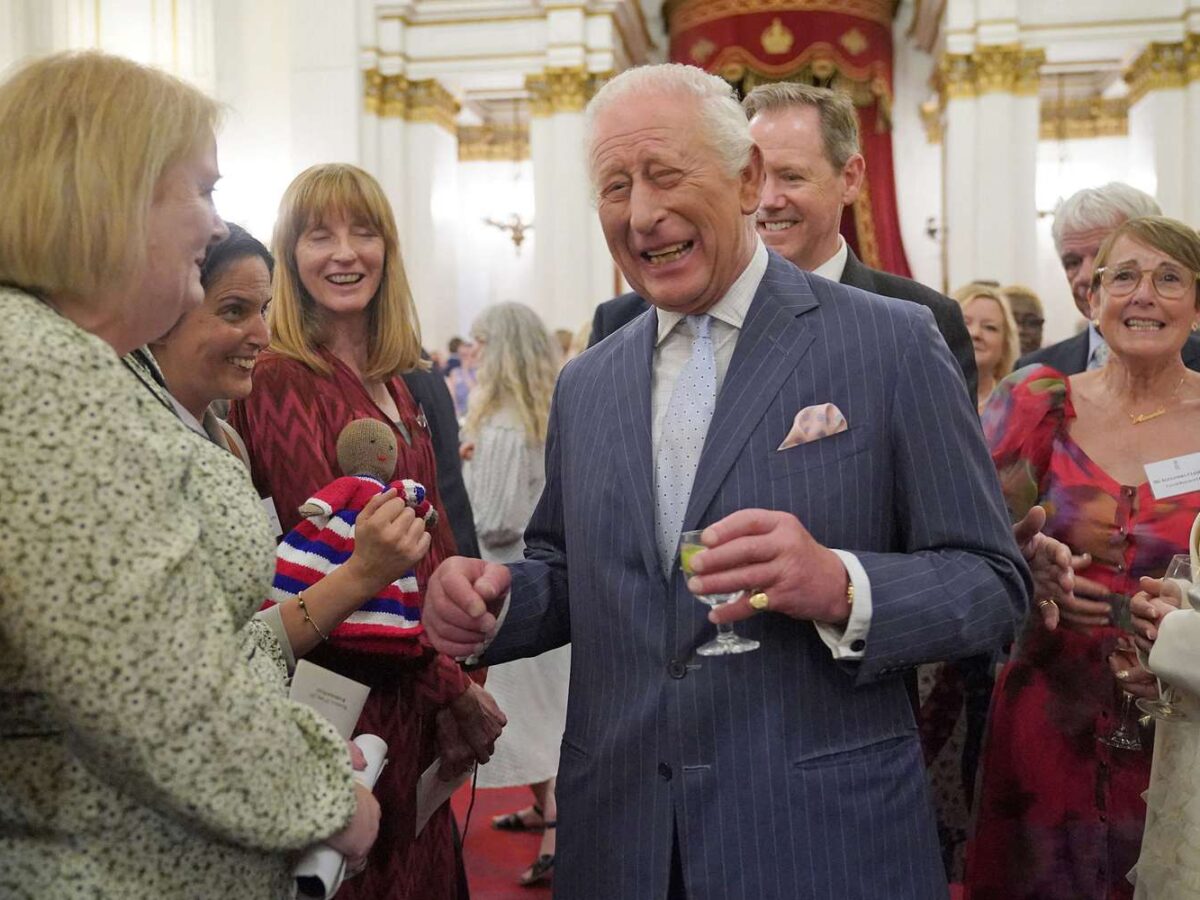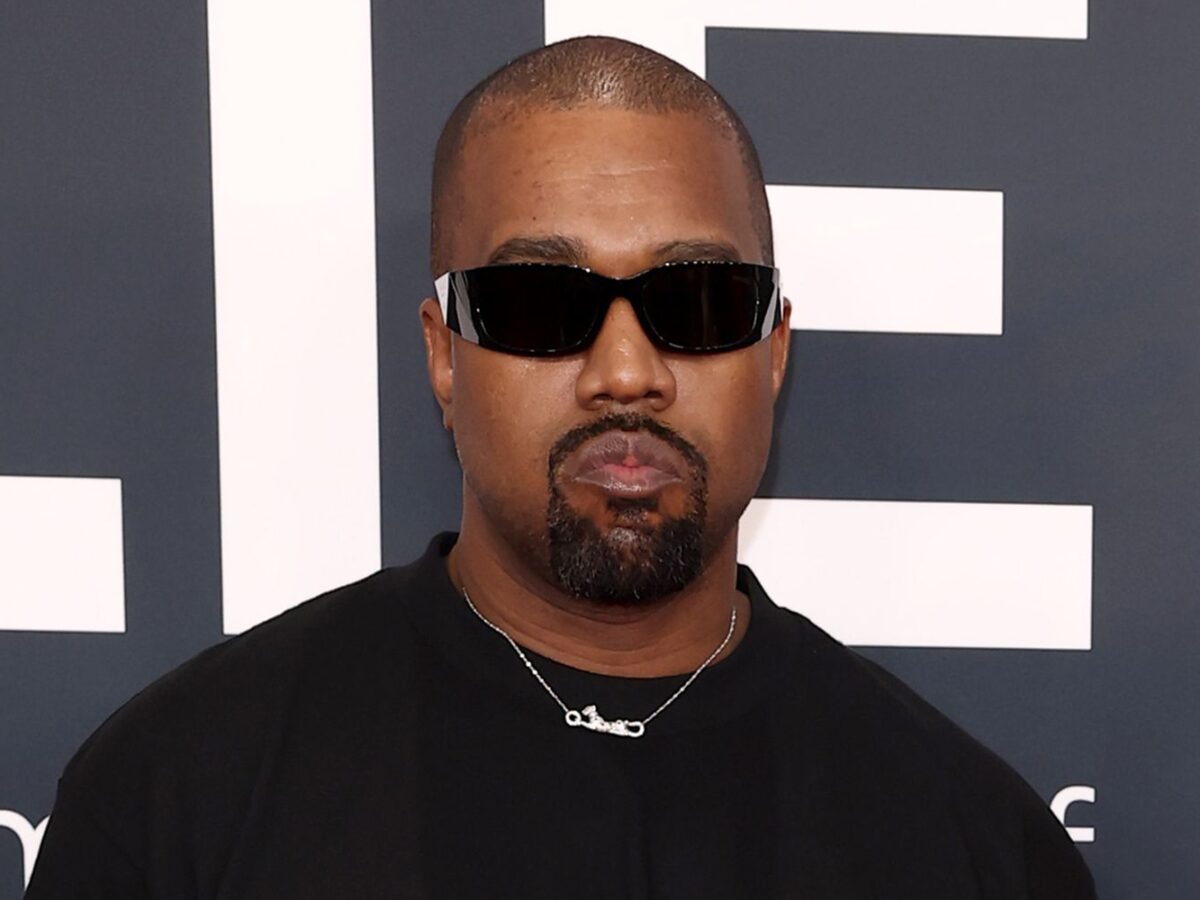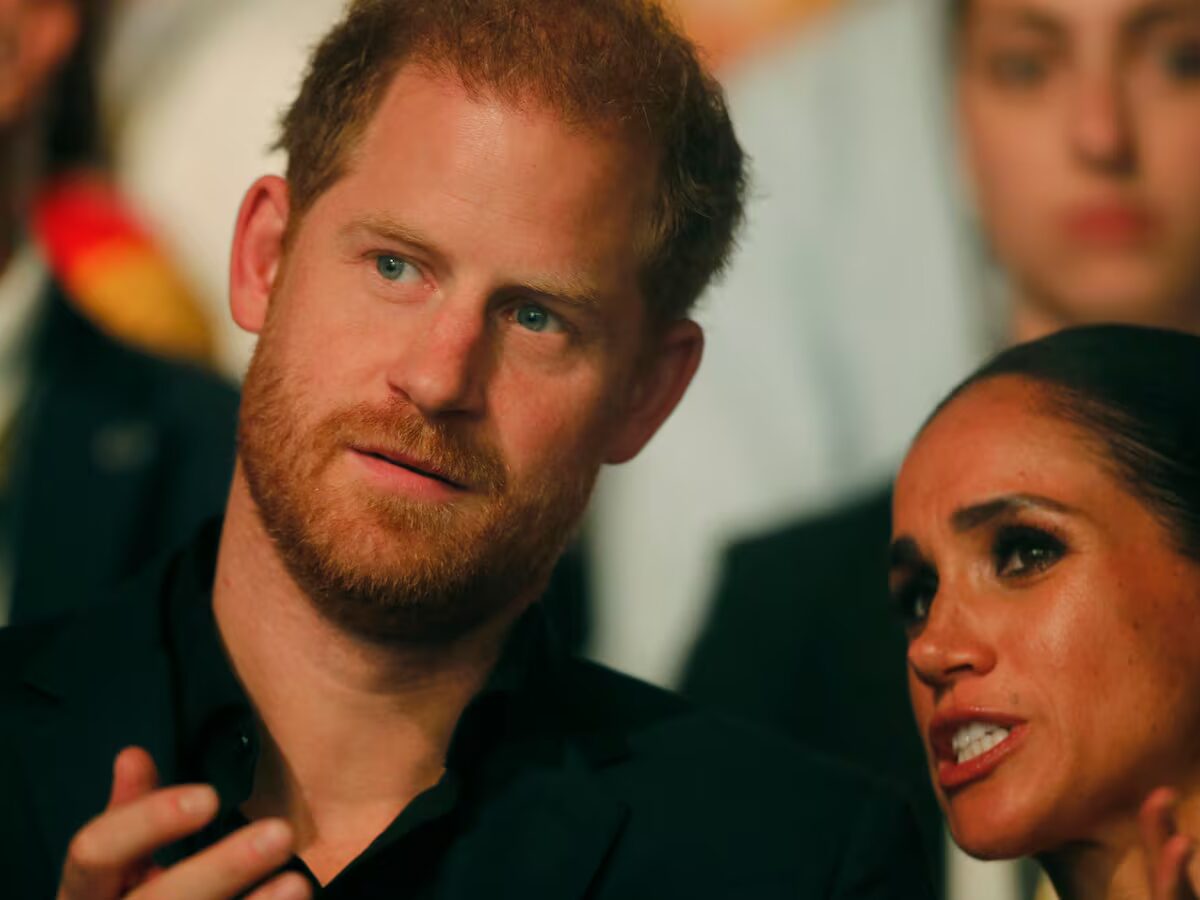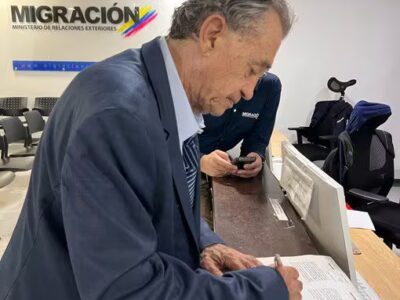Political Frictions Spark International Incident
In a surprising turn of events, former Colombian President Andrés Pastrana was detained at the Luanda airport in Angola, triggering a diplomatic crisis. The unexpected hold-up has raised concerns about the political tensions brewing between Latin American leaders and African authorities, as reported by Estereofonica News.
Pastrana, who served as Colombia’s president from 1998 to 2002, was reportedly en route to an international political forum when Angolan authorities unexpectedly barred his entry. According to sources, the former leader was held for several hours before being allowed to continue his journey, an incident that has left many speculating about the real motives behind the detention.
A Political Retaliation or Bureaucratic Mishap?
While official statements have been vague, speculation is rife about the reasons behind Pastrana’s detention. Some analysts suggest this could be a diplomatic retaliation linked to Pastrana’s past criticisms of governments with authoritarian tendencies. The Angolan government has yet to release an official statement, leaving room for theories ranging from administrative errors to calculated political pressure.
Political experts point out that Pastrana’s outspoken stance on democracy and human rights could have played a role in this incident. Over the years, he has maintained strong opinions on governance, often criticizing leftist regimes in Latin America and beyond. Could his views have made him a target for restrictive entry policies in Angola?
Colombian Government Responds
Following the incident, the Colombian Foreign Ministry issued a statement expressing concern over the treatment of the former president. The government is reportedly seeking clarifications from Angolan authorities, pushing for a diplomatic resolution to avoid further strains on bilateral relations.
International organizations and political figures have also reacted. Several Latin American leaders have voiced their support for Pastrana, condemning the actions of Angolan authorities. Meanwhile, opposition groups within Colombia have used the incident to highlight what they describe as a lack of global diplomatic presence under the current administration.
A Case of Increasing Global Political Polarization?
Pastrana’s detention might seem like an isolated case, but it reflects broader global trends of political polarization. As ideological clashes between left-wing and right-wing governments intensify, incidents like this raise concerns about the future of diplomatic relations.
This episode serves as a reminder of how past political affiliations and international alignments can continue to influence diplomatic interactions long after a leader leaves office. With many unanswered questions, observers are waiting to see if this incident will escalate into a larger geopolitical dispute or if it will be quietly resolved behind closed doors.
What’s Next for Pastrana?
While the former president has yet to make a detailed statement, sources close to him suggest he remains undeterred by the incident. However, it remains to be seen how this episode will impact Colombia’s international standing and relations with Angola. Could this be the beginning of a new diplomatic rift, or will both nations work toward a resolution?

